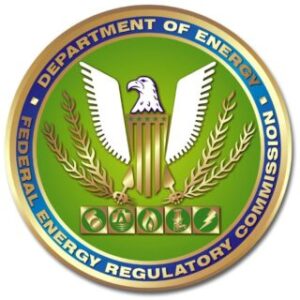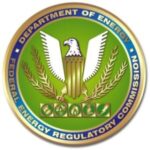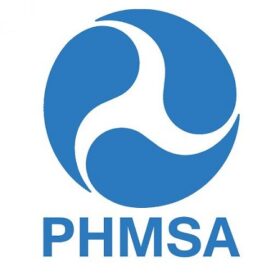
Pursuant to Section 19(a) of the Natural Gas Act (“NGA”), 15 U.S.C. § 717r(a), and Rule 713 of the Federal Energy Regulatory Commission’s (“Commission” or “FERC”) Rules of Practice and Procedure, 18 C.F.R. § 385.713 (2003), the Interstate Natural Gas Association of America (“INGAA”) hereby submits its request for clarification and rehearing of the Commission’s Standards of Conduct for Transmission Providers Order on Rehearing and Clarification,1 Order No. 2004-A, issued April 16, 2004 (“Order 2004-A” or “Order”) in the above-referenced docket. In support of its request,2 INGAA states as follows:
SPECIFICATIONS OF ERROR
1. To the extent the Commission does not clarify that affiliated gatherers, processors, intrastate and Hinshaw pipelines may make operational purchases and sales of gas without those purchases and sales making the affiliate an “energy affiliate”, the Commission erred.
2. The Commission erred by requiring pipelines to notice their intent to hold infrastructure development meetings with affiliates, prepare transcripts of the meetings, and retain the transcripts for three years.
1 107 FERC ¶ 61,032 (2004).
2 INGAA also incorporates by reference its comments on the Commission’s Notice of Proposed Rulemaking filed on Dec. 20, 2001 and its Request for Rehearing and Clarification of the Commission’s Final Rule, Order No. 2004, filed on December 29, 2003 in this docket.
3. To the extent that the Commission does not clarify that the communication of operating information under § 358.5(b)(8) will not violate the functional separation requirement in § 358.4, the Commission erred.
4. Should the Commission not clarify that the waiver log posting requirement of Section 358.5(c)(4) is not applicable to the following discretionary activities: (1) operational activities; (2) when the service itself has a discretionary component; or (3) when posting is already mandated by regulation or a tariff provision, the Commission erred.
5. Should the Commission not modify and clarify the Section 358.5(d) discount posting requirements, the Commission erred.
6. Should the Commission not clarify in the regulations who must be trained on the Standards of Conduct Rule, the Commission erred.
7. Should the Commission not clarify that, if a Transmission Provider’s lawyers’ participation in a Transmission Provider’s business decisions is for the exclusive, or predominant, purpose of rendering legal or regulatory advice, then such lawyers do not have Transmission Function Employee status, then the Commission erred.
8. Should the Commission not clarify that a joint owner of a transmission provider can receive non-public transmission system information from such transmission provider for corporate governance and investment management purposes, even if the joint owner is an energy affiliate, the Commission erred.
9. Should the Commission not clarify the allowable scope of activities of a corporate risk management group, the Commission erred.
10. Should the Commission not clarify that greenfield pipelines should not be subject to the Standards of Conduct until they become natural gas companies under the Natural Gas Act, the Commission erred.
11. Should the Commission not clarify that the seven-day posting requirement is only triggered by a public announcement of a potential merger partner as required under applicable laws, the Commission erred.
12. Should the Commission not revise the regulations to exempt end-users that use an affiliated transmission provider to transport gas solely for its own consumption, the Commission erred.






